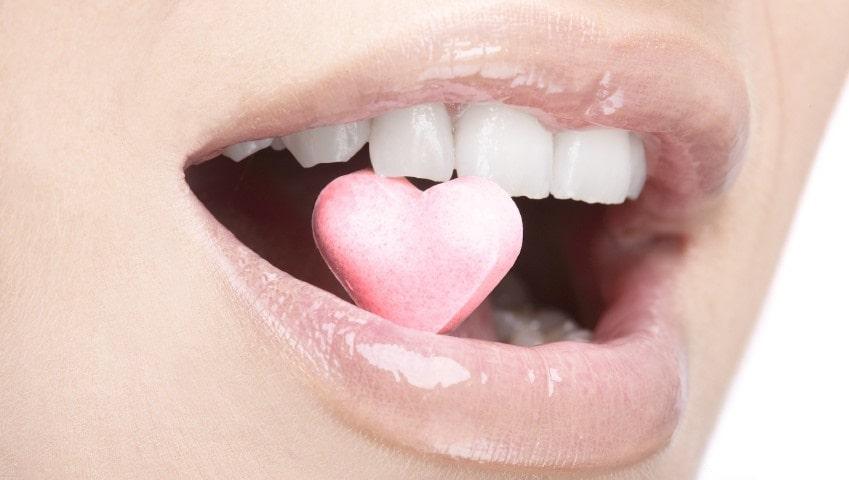
Heart disease, kidney complications and stroke are often linked to diabetes. However, studies conducted during recent years have also established a link between high sugar levels and gum disease. Patients with uncontrolled blood glucose levels often end up losing more teeth. Thus, looking after oral health needs to be a critical area of focus for diabetic individuals.
How diabetes affects oral health
Scientists from various nations have already proved the connection between blood sugar levels and oral health issues. Type I or Type II diabetes patients remain more vulnerable to gum diseases, fungal infections, and tooth decay as per a study by the National Institute of Dental and Craniofacial Research.
Besides controlling the levels of glucose, the patients need to take a proactive approach to protect oral health by ensuring oral hygiene and opting for regular dental check-ups.
Person’s resistance to infection gets negatively impacted due to diabetes. Thus, healing and overall recovery take more time. Such individual remains three to four times more prone to severe gum disease referred to as the periodontal disease.
Commonly reported diabetes symptoms in the mouth
- Loose teeth, bad breath, receding gums, bleeding gums, sore or swollen gums are the most commonly reported symptoms amongst diabetes patients.
- Usually, diabetes mouth problems and overall oral health issues start worsening when the patient fails to control the blood glucose levels.
- Too much of sugar in the blood can create problems for teeth, gums, jaw, bottom and roof of the mouth. It also results in a bad breath that does not go away even after brushing the teeth. The patient can experience pain in the jaw while eating.
- Tissues in the mouth turn sore due to insufficient saliva production. Such a symptom shown by salivary glands is known as Xerostomia or dry mouth. It makes eating, chewing, and swallowing difficult for the patient creating more problems when it comes to controlling blood sugar.
- In case if the patient needs oral surgery or any other evasive treatment, dentists need to take several precautionary measures to ensure diabetes does not complicate the situation. Poorly controlled blood sugar levels can increase the healing time and infection curing timeframe for the patients.
- Holes and dark spots on the teeth are some of the other symptoms that suggest the patient might have a high level of blood glucose.
How does diabetes cause tooth decay?
With higher levels of blood glucose in saliva, dental plaque develops and spreads rapidly, resulting in tooth decay. The acid producing bacteria use saliva as a breeding ground and attack the tooth enamel more frequently. It can also damage blood vessels in the gums if ignored. Thus, dentists find more of diabetes patients with cavities and tooth decay.
A study published by the National Library of Medicine suggests that diabetes results in lower levels of calcium, and saliva flow rate. It also pointed out that the tooth structure of such patients resists the demineralization process due to declining salivary components. Overall, patients who have type-II diabetes remain prone to caries development.
Fortunately, dentists can remove this plaque, and the patient can maintain oral hygiene by brushing twice with fluoride toothpaste as well as flossing.
Can diabetes cause mouth ulcers?
The Candida albicans yeast present in the mouth does not cause any problems. However, when combined with sugary saliva in a diabetic person’s mouth, it causes candidiasis (thrush), resulting in red and white rashes.
Individuals suffering from type-II often experience soreness, a dry mouth, and have a higher chance of developing mouth ulcers. Usually, an ulcer caused due to high levels of glucose does not heal quickly. Besides diabetes, sores can also be a symptom for anemia, vitamin deficiency, HIV infection, etc. Thus, in some cases, the dentist might ask the patient to opt for biopsy, urine test, to investigate the ulcers.
Is there a confirm gum disease and diabetes connection?
Diabetic patients suffering from periodontal disease need special attention as the condition can impact the person’s ability to control blood sugar level. Thus, for optimal control, specialists offer specially planned treatment to get rid of the periodontal infection quickly.
A person remains three times more vulnerable to gum disease if he or she has high blood glucose levels.
Surprisingly, it also works the other way around. Studies have shown that gum disease can impact the patient’s blood sugar levels and worsen heart diseases as well.
What can help?
- Monitoring blood glucose, as directed by the physician from time to time, remains crucial.
- Brushing, as well as flossing at least twice a day can help.
- Completely avoid smoking.
- Inform the dentist about the diabetes status before you opt for any dental care treatment. Share the list of medications that you consume daily with your dentist. In some cases, the oral surgeon may need to coordinate with a physician to discuss the patient’s diabetes-related issues before operating.
If you are worried about the link between diabetes and your teeth, you can always make an appointment at Roswell (GA) based TruCare Dentistry.
